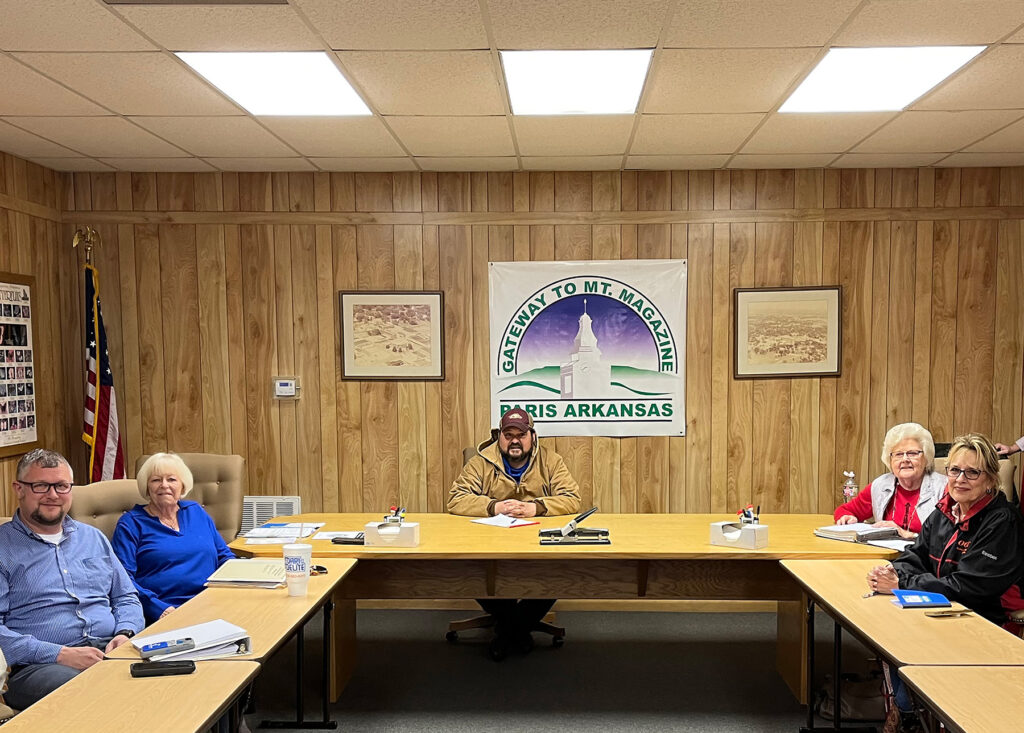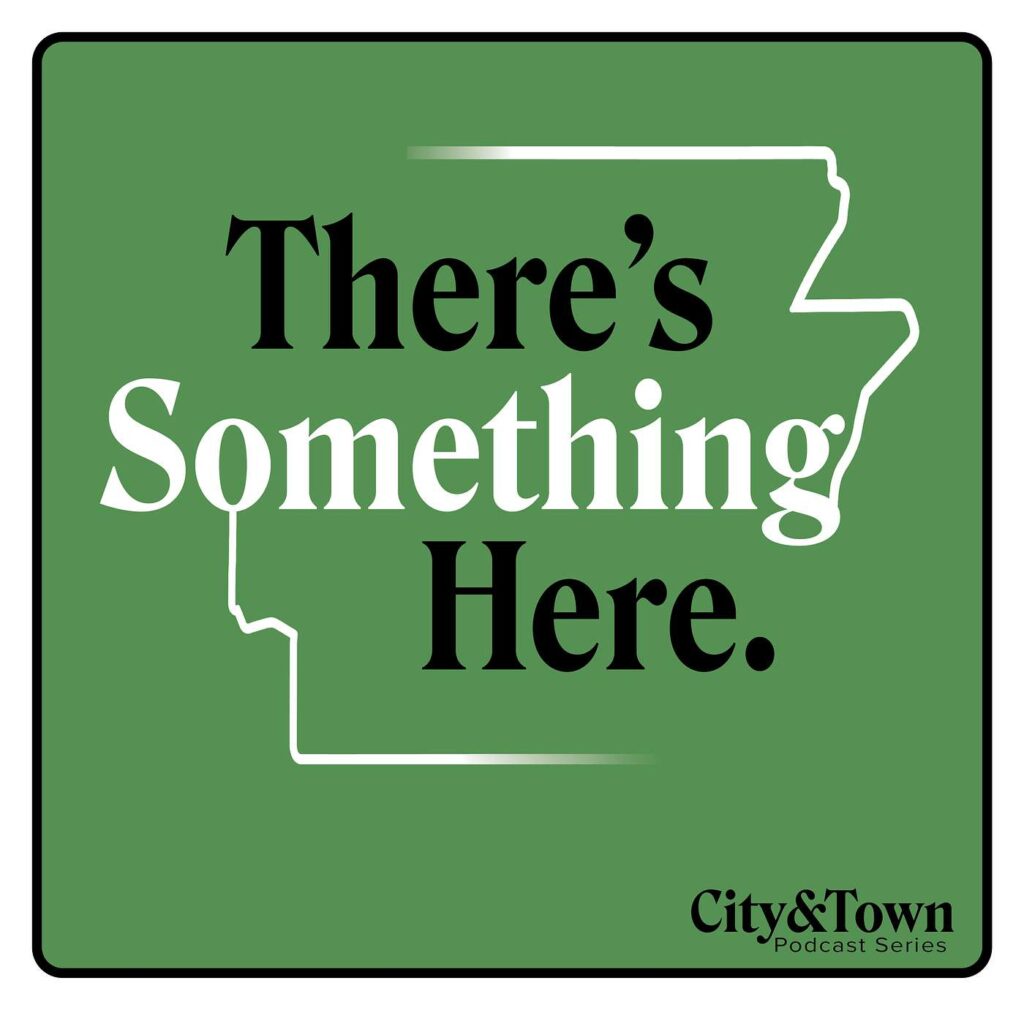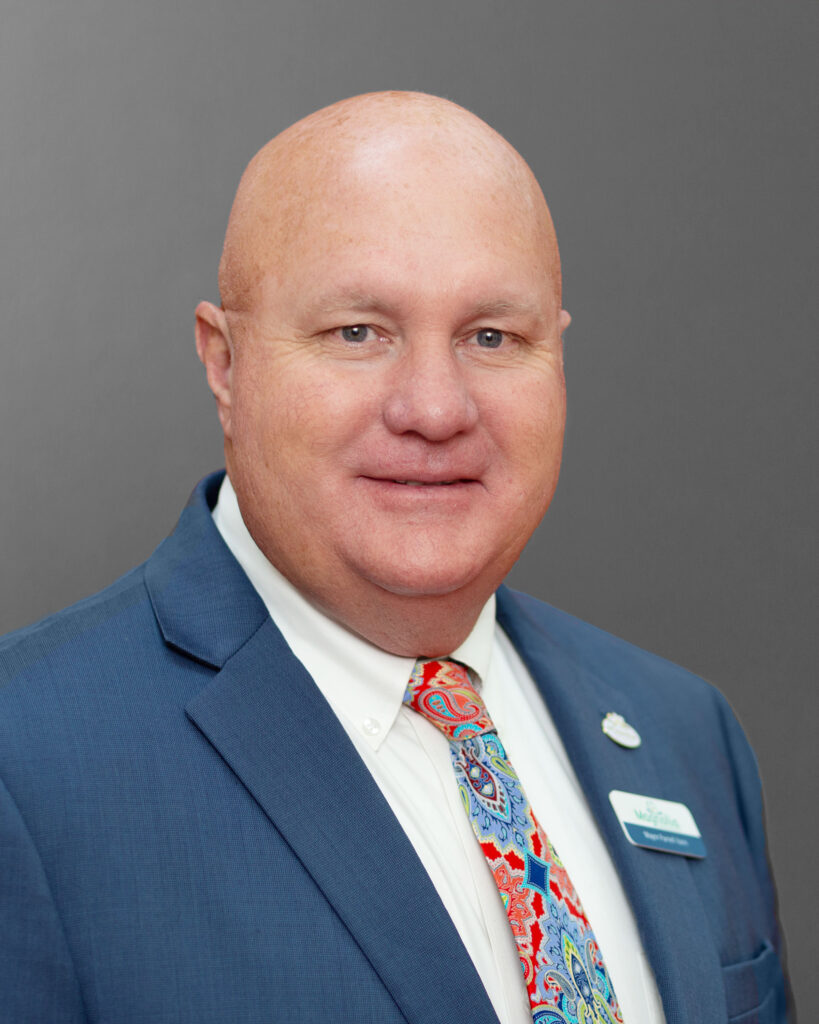Many of the calls I receive stem from situations involving incivility in the municipal workplace.Studies indicate that incivility is on the rise and businesses and employees alike are suffering the consequences. According to the article “The Price of Incivility,” which appeared in the January 2013 issue of the Harvard Business Review, 98% of workers polled over a 14-year period reported experiencing in civility in the workplace. The article goes on to say that nearly everyone who experienced incivility responded in a negative way.
The municipal workplace is more diverse than ever before.That is huge progress on a human level. However, when different viewpoints, priorities, life experiences and cultures collide it can produce conflict.How should we address it?
One key to civility is to begin with ourselves. We’ve all heard the expression “we all have our moments,” but how many moments do we get to have until those moments of incivility define our behavior? Everyone who is a public servant in any capacity is a community leader. As such, we define the culture of our communities. As a leader, what does our behavior say about us our and our community?
Part of being civil, especially in the case of city officials, involves understanding your role. If you understand the statutory duties and responsibilities of your office and fulfill them without crossing over into the duties and responsibilities of other city officials, you are halfway there. Two League publications—Guidebook for Municipal Officials of Mayor-Council Cities and Guidebook for Municipal Officials of City Manager/City Administrator Cities—provide overviews of the statutory duties. They are available as free downloads at www.arml.org.
Civility is the act of showing respect for others by being polite.It connects everyone on a personal level. Civility requires making a conscious effort to make those around you know that they are respected, valued and heard, even during difficult times and while having difficult conversations.
Another key to civility is effective communication. Words have power. Effective communication fosters understanding, strengthens relationships and builds trust. Poor communication can lower employee morale, increase workplace conflict and disruption, lower productivity, build distrust, and cause absenteeism and employee retention problems. You can easily identify a department that is struggling in this area by monitoring productivity, employee retention, lost time, and internal and external complaints. Civil communication involves more than just being heard. It also involves active listening—paying attention to what another person is saying. How many of us focus fully on a person who is speaking to better understand their point of view, especially when it is contradictory to our own? We are often too busy composing our response in our minds so we can blurt it out as soon as it is our turn to speak, that is if we even wait for our turn. We should not assume to now what another person is trying to communicate if we do not allow them to express themselves. Have you ever witnessed a city council meeting where members raised their voices and talked over one another, racing to make their own point of view known? When this happens, chaos ensues, tempers flare, credibility drops, and the city itself pays the price because important issues are not properly addressed.
Civility in a municipal setting should be bolstered by the rules that the mayor and city council establish for conducting meetings. Most cities have adopted a resolution that sets forth how meetings are conducted, including guidelines for when meetings will take place, how the agenda is set, the order the meeting will follow, how public comments will be handled, the amount of time allotted for each speaker and other policies. Knowing and following these procedures can keep a meeting from going off the rails and create an effective environment for conducting the business of the city.
In the same way, a city’s employee handbook should provide policies that set forth what is expected, including standards of conduct, non-tolerance of harassment and anti-bullying policies. Many cities have adopted a civility policy as well. The League’s civility policy is simple:
- We greet and acknowledge each other;
- We say please and thank you;
- We treat each other equally and with respect, no matter the conditions;
- We are not rude or curt;
- We acknowledge the impact of our behavior on others;
- We welcome feedback from each other;
- We are approachable;
- We are direct, sensitive and honest;
- We acknowledge the contributions of others;
- We respect each other’s time commitments; and
- We address incivility when it occurs.










